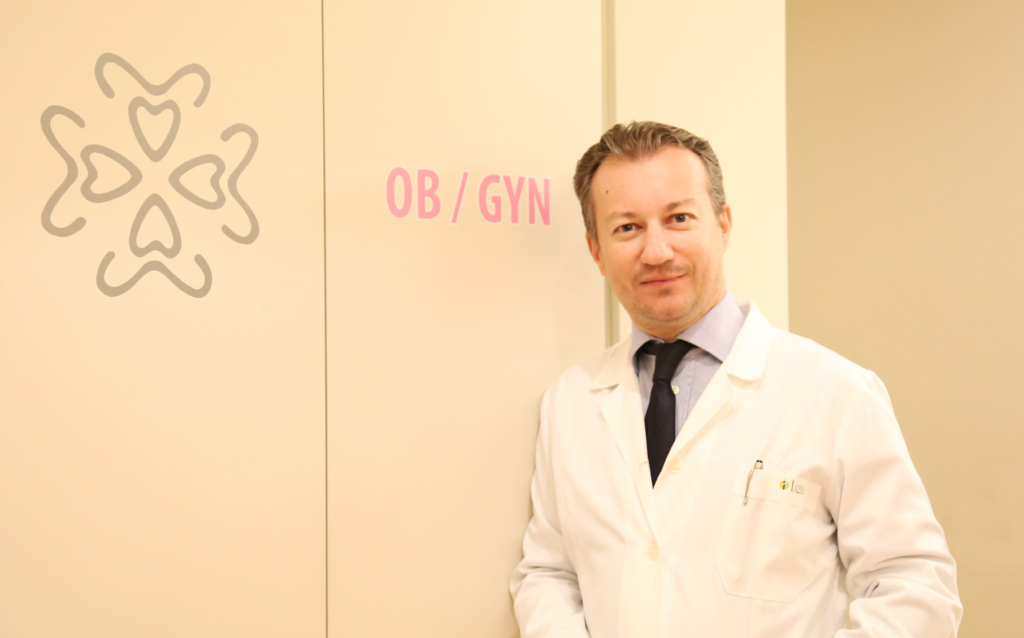About one in two couples have infertility issues. Assisted Reproduction Specialist in In Vitro Fertilisation Dr. Athanasios Garavelas explains the necessary steps for young couples.
A percentage between 10 and 20% of couples having children encounter difficulties. But what exactly is the problem and what is the right way to deal with it? First of all, infertility should not be confused with infertility: the two terms are not synonymous, although they are usually used in the same way.
Infertility vs Infertility
We are talking about infertility when in a couple a pregnancy cannot be achieved and completed. Infertility, on the other hand, is the inability to achieve pregnancy. More specifically, one can talk about a real infertility problem only after a year of frequent attempts without conception. However this one waiting time that the couple is advised to wait before contacting a specialist can be reduced if the woman is over 35 years old or if there are known gynecological or andrological problems.
Does infertility have a “gender”?
Infertility is a couple problem. In fact, the percentage where a man or woman is responsible for the impossibility of conception is almost identical. Statistically, in about 10% of couples, even after thorough research, there is no accurate diagnosis for their inability to conceive: this case is called “unexplained infertility”.
How infertility is investigated
On the first visit to the infertility clinic, the history is taken by the couple. An initial assessment of the problem and an intravaginal ultrasound are performed to investigate pelvic anatomy. The doctor will recommend to the woman a series of laboratory and imaging tests. The man will be advised to have a sperm test in order to highlight possible problems related to male infertility. At the 2nd visit, the specialist will “read” the results of the couple’s exams to clarify the etiology of the problem. If necessary, the doctor will recommend more specialized tests that will give more specific answers.
The doctor’s advice if you are concerned about infertility
What we want couples who enter into this process of investigation and treatment to understand is that fertility problems are common and not a shame or a stigma. Only your doctor can advise you properly and choose the right treatment. The earlier you seek the solution the more chances you have of achieving the desired goal, which is nothing more than having a child. Also important is the psychological support of couples, which is provided by the doctor, the nursing staff and specialist psychologists, throughout the examinations and treatments.

Dr. Athanasios Garavelas, MD, MSc, MMSc Obstetrician – Gynecological Surgeon PhD University of Rome. Master Pathology of Pregnancy. Assisted Reproduction Specialist in In Vitro Fertilisation
